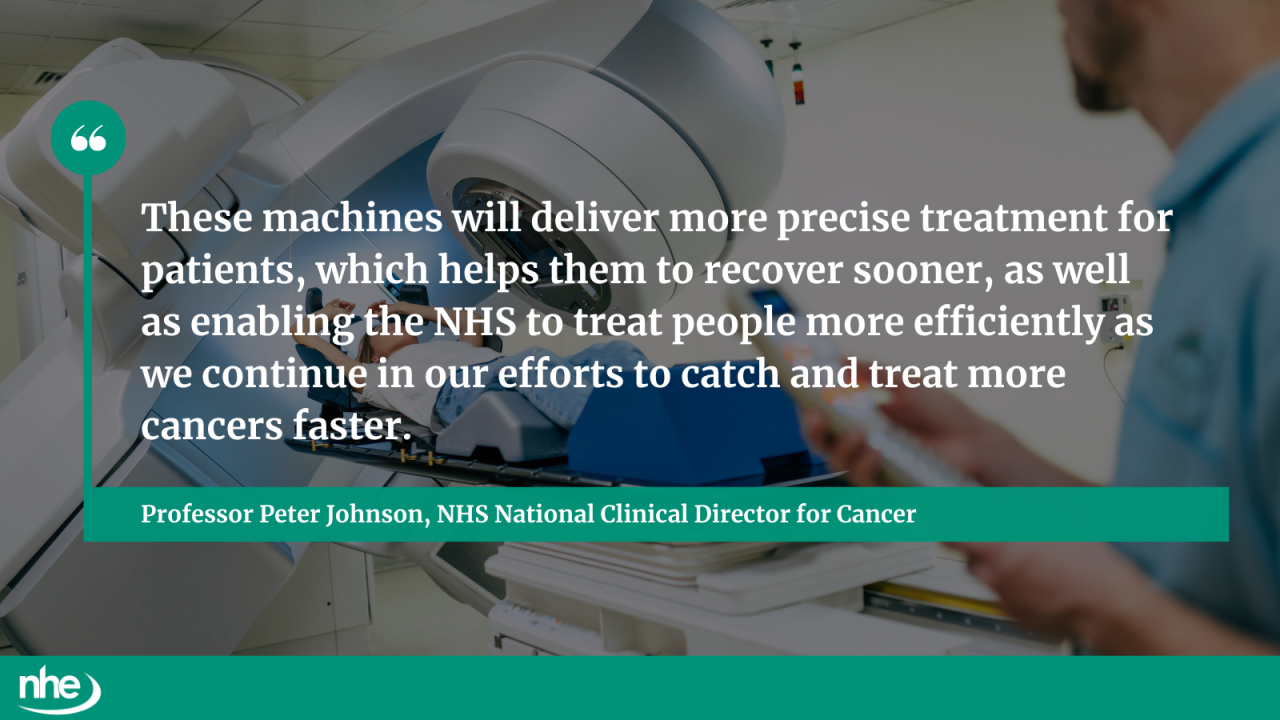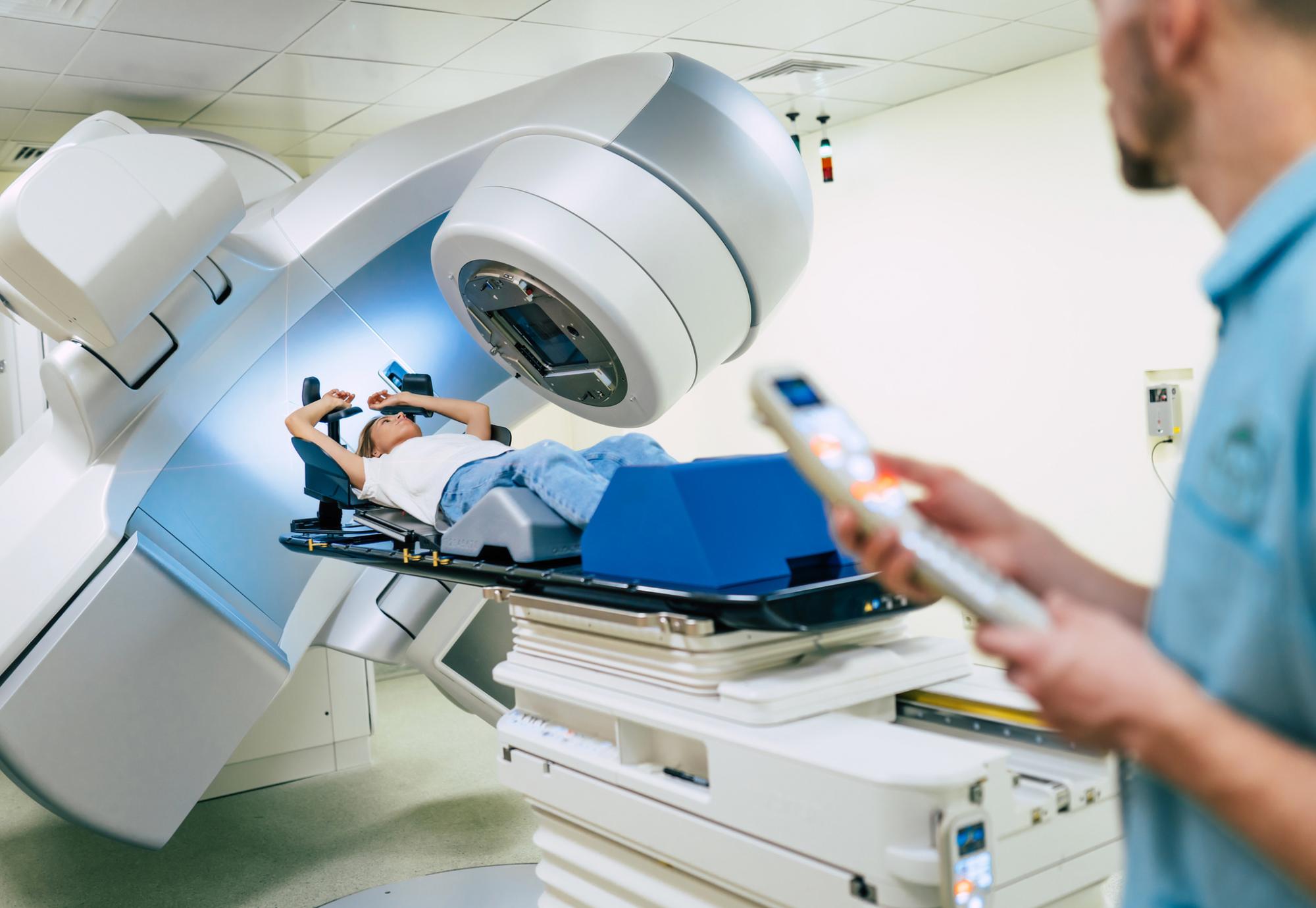Thousands of cancer patients across England are set to benefit from faster, safer, and more precise treatment, as the government rolls out new state-of-the-art radiotherapy machines to hospitals in every region.
The £70 million investment will fund new linear accelerator (LINAC) machines at 28 hospitals, replacing outdated equipment and significantly reducing treatment delays. These cutting-edge machines are capable of halving the number of hospital visits for some patients and are expected to prevent up to 13,000 lost appointments due to equipment breakdowns.
Starting from August 2025, the new LINAC machines will:
- Deliver up to 27,500 additional treatments per year by March 2027
- Enable 4,500 more patients to receive their first cancer treatment within 62 days of referral
- Improve precision in targeting tumours, especially in hard-to-treat areas like the chest, abdomen, and pelvis
- Expand access to Stereotactic Ablative Radiotherapy (SABR) treatments
The rollout prioritises hospitals using machines over 10 years old, helping to reduce cancellations and improve health equity across the country.
Professor Peter Johnson, NHS National Clinical Director for Cancer, said:
“Radiotherapy is essential for many cancer patients, so it’s great news that the investment in new machines means that some will need fewer rounds of treatment, as we bring in more sophisticated techniques.
“These machines will deliver more precise treatment for patients, which helps them to recover sooner, as well as enabling the NHS to treat people more efficiently as we continue in our efforts to catch and treat more cancers faster.”

This investment is part of the government’s wider Plan for Change, which has already delivered:
- 3 million additional NHS appointments since June 2024
- 13 new DEXA scanners, enabling 29,000 extra bone scans annually
- 2.5 million diagnostic tests delivered in March 2025 through community diagnostic centres
- Over 8.3 million more GP appointments annually, supported by upgrades to 1,000 GP surgeries
In March 2025 alone, 4,000 more patients received a definitive cancer diagnosis or all-clear within four weeks, thanks to improved performance against the Faster Diagnosis Standard.
This latest investment underscores the government’s commitment to modernising cancer care, reducing waiting times, and ensuring patients receive the right treatment at the right time.
Image credit: iStock



















